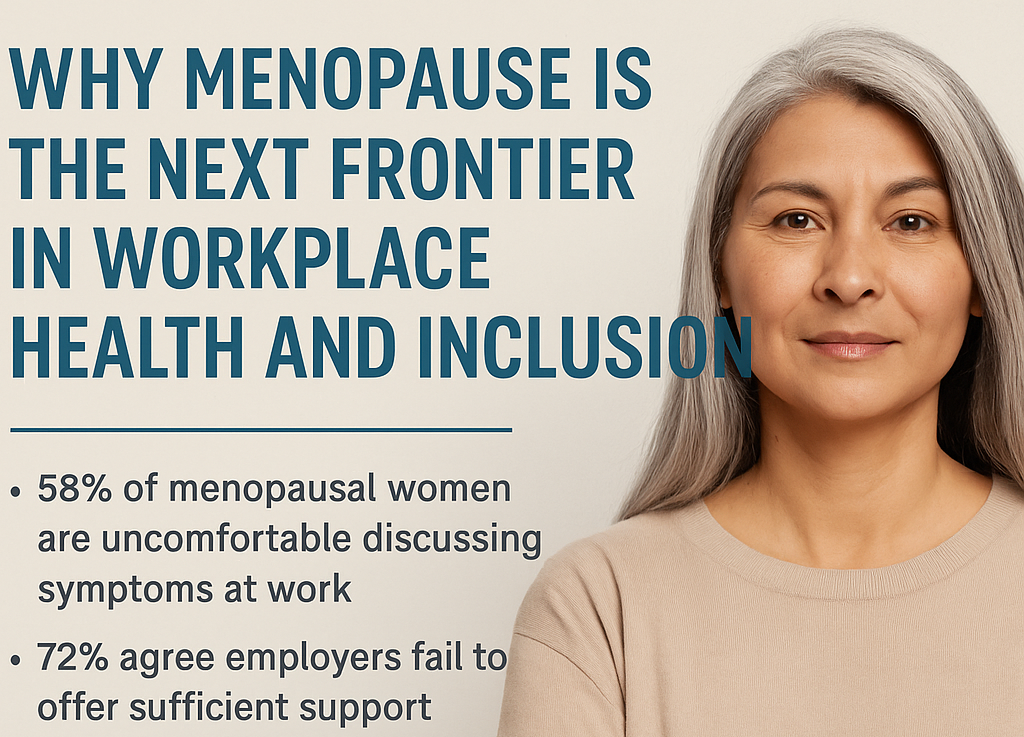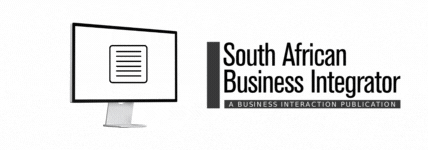The modern workplace has undergone rapid evolution, adapting to new health and safety challenges. Yet one critical issue remains overlooked: menopause.
Despite impacting millions of women during their peak career years, it continues to be treated as a taboo subject at work — with serious consequences for wellbeing, productivity, and equality.
According to the World Economic Forum:
- 58% of peri- and post-menopausal women feel uncomfortable discussing symptoms at work
- 41% feel too embarrassed to raise the topic at all
- 72% believe their employers fail to provide sufficient support
“Menopause has long been a contentious topic in the workplace. That uncertainty often leads to silence, which in turn leads to stigma,” says Dr Eileen Rajaram, Deputy Medical Director at International SOS. “It’s time for that silence to end.”
Why Menopause Matters for Employers
Women in their 40s and 50s often hold pivotal roles, leading teams and shaping organisational success. Yet hot flashes, fatigue, brain fog, and other symptoms can directly affect professional performance and confidence. Without supportive structures, companies risk losing talent, reducing productivity, and widening gender equality gaps.
“Fostering a workplace where women can speak openly about their health without fear or stigma isn’t just the right thing to do — it’s a business-critical strategy,” adds Dr Rajaram.
From Dialogue to Action
Awareness alone is not enough. International SOS recommends that employers embed structured, stigma-free support into workplace culture, including:
- Formal menopause policies built into HR frameworks
- Flexible working options, including hybrid models to ease commuting stress
- Employee assistance programmes (EAPs) and peer support groups
- Workplace adjustments, such as hydration stations, cooling tools, or rest areas
- Training for managers and staff to build empathy and reduce stigma
“Menopause should be recognised not as a taboo topic, but as an opportunity to offer meaningful support,” says Dr Rajaram.
Building Inclusive Workplaces
With the number of menopausal women in the workforce set to rise, the need for change is urgent. Employers who act now will build inclusive, resilient workplaces that retain top talent and empower women at every stage of their careers.
“Menopause isn’t only a personal issue; it’s also a workplace issue. And it’s one we can no longer afford to ignore,” concludes Dr Rajaram.



